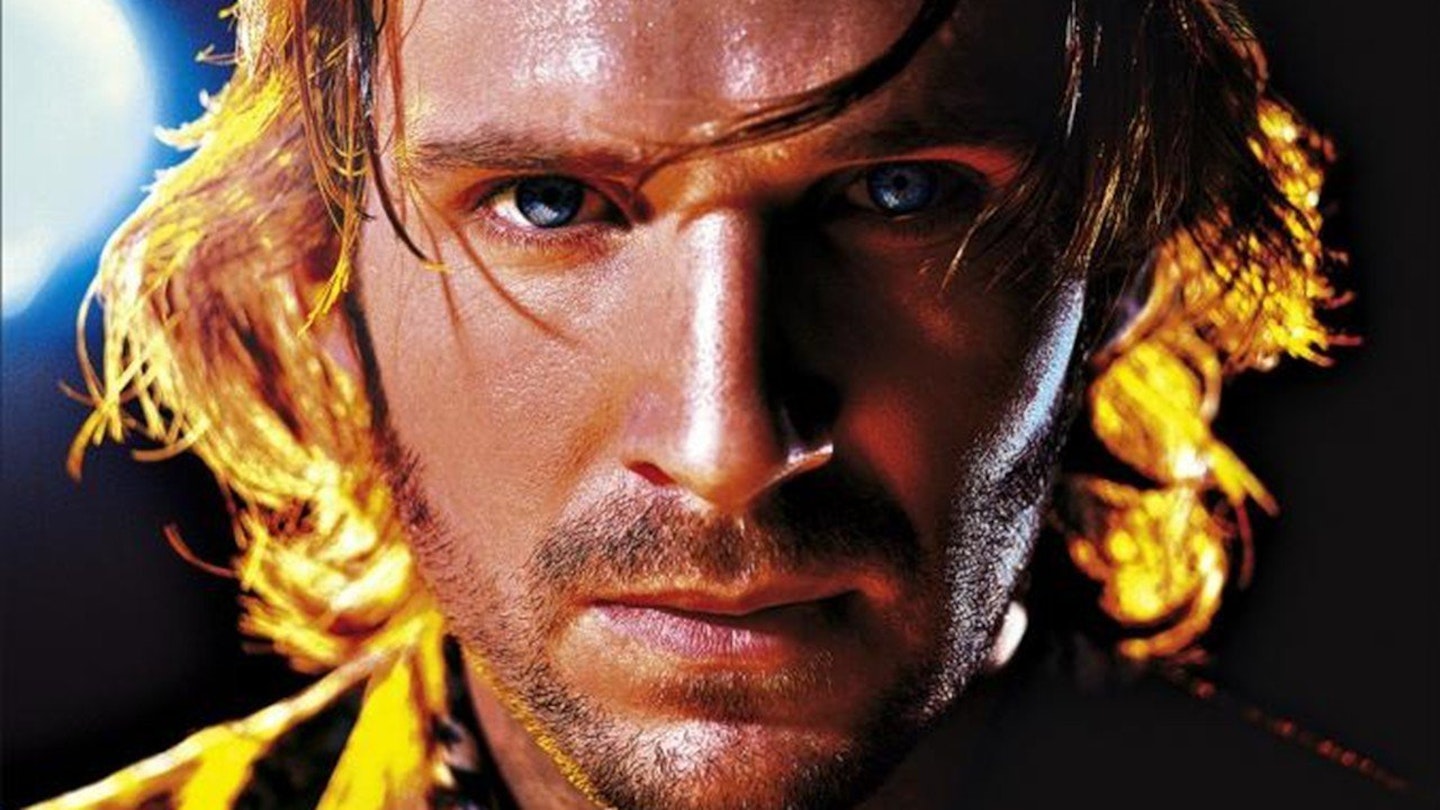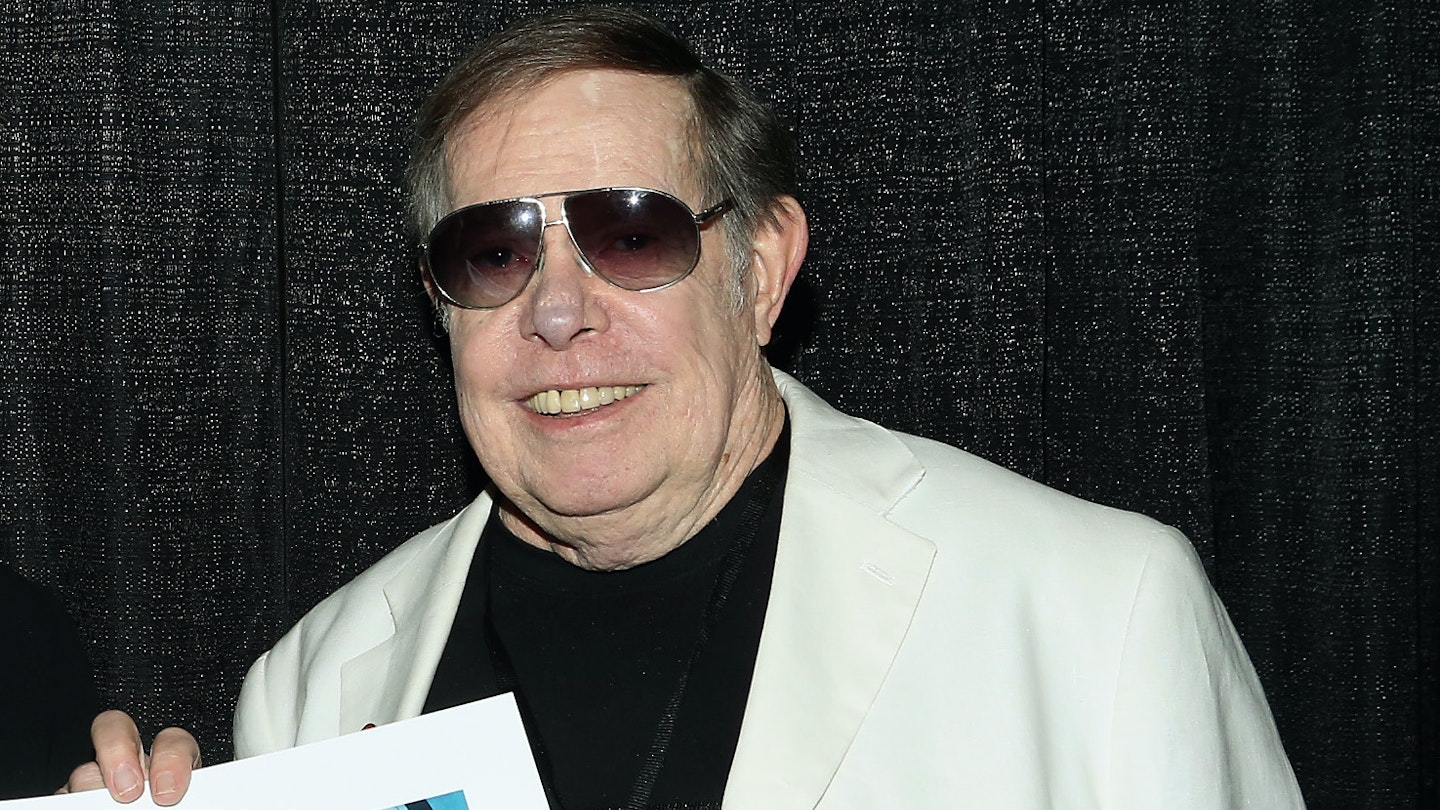Strange Days is no easy business. Set on the eve of the millennium, this futurephobe thriller is a daring, controversial freefall through violence, voyeurism, love, brain-frying technology and political hard sell. It's a difficult, depressing, listless vision given a dazzling, provocative whirl by one of Hollywood's most fascinating directors. Comfortable cinema it ain't.
Typical of Bigelow's work (Point Break, Near Dark) is the plot's comparative shakiness: it's a gumshoe flick of sorts imbued with political motivations - a Rodney King style racial execution by frazzled cops; a burst of neon-coloured murder and sleaze that crosses into the path of ex-cop Lenny Nero's (Fiennes) black market dealership in "clips" - snippets of reality recorded on disk straight from the cerebellum. Into his slippery possession falls the potentially deadly clip of this powder-keg assassination.
The bigger concern of Strange Days is a no-holds-barred shot at our social ills: technology as drug, racial tension as epidemic, a self-obsessed world on the brink of self-destruct. And, of course, style. Ninety per cent shot at night, it has a vivacious atmosphere, part Blade Runner, part contemporary noir. A soulless netherworld finally enlivened by the story's rapturous culmination: a riotous street-filling, New Year's Eve party under a precipitation of confetti where Lenny finally uncovers the culprits. This is a film permanently on edge. It's itchy, paranoid, Oliver Stone seduced by the dark side of the Force.
Fiennes, as always, manages an extraordinary luminescence. Lenny is a shabby hollow of stained charisma, contradiction, broken heart and bruise (the plot gets written across his face in blood stains). Dysfunctional hustler as movie hero. Not since Dustin Hoffman in Midnight Cowboy has a dirtbag been so assured.
There are flaws. Tom Sizemore as Lenny's best friend is miscast and his role, the scabby, ebullient PI Max, never really fits. The role-reversing Mace (the excellent Basset) - Lenny's so much more capable partner - is never fully developed. Lewis' Faith, as Lenny's lost love, is a bombshell rock starlet, but hardly the picture of romantic ideals. And there are far too many bad guys.
Bigelow has, though, encapsulated a million paranoias under one guise, and her craft borders on the sublime. From the visceral plunges of the first person mind clip sequences (including a terrifying, controversy courting rape sequence) to the overwhelming finale this is a, literally, stunning event. Some directors can, thank God, still make you experience films.

